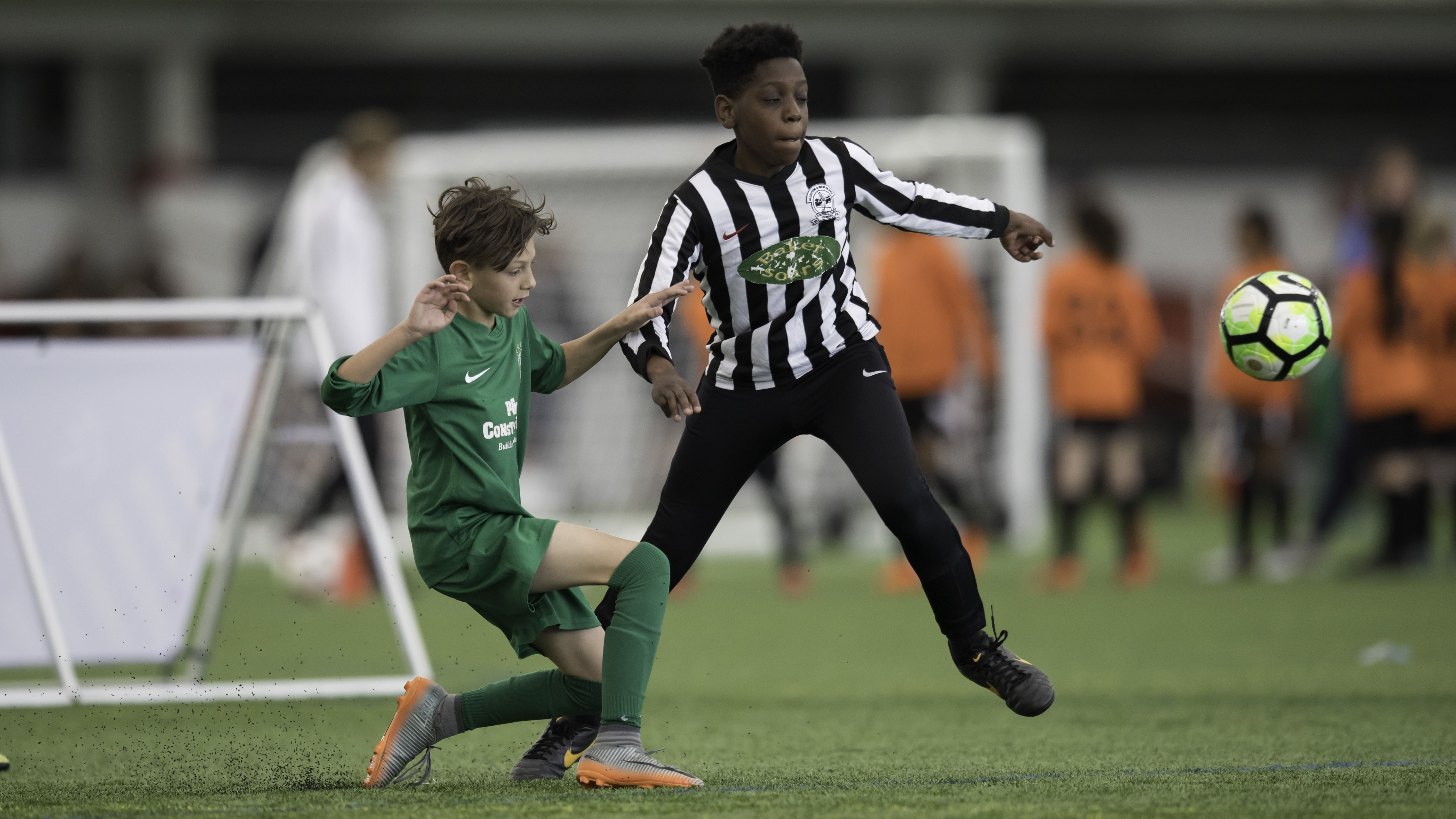
What is play and why is it so important?
- The Boot Room
- 13 July 2017
Play is an essential part of a child’s development and is very significant in the Foundation Phase.
In its purest sense, play is an enjoyable activity that has no specific goal; it’s just for fun and is entirely under the control of those who have chosen to take part.But not all play is like this. In fact, it can take many different forms – and this actually helps us to balance the necessity of play with the expectation that (in sport) a child should be ‘coached’.
In the video below, Pete Sturgess, FA national lead for the Foundation Phase, introduces the role of play and what it means to adopt a ‘playful approach’ in your sessions.
Promoting playful activities is a relatively new approach and may seem quite different to coaching of the past. However, the England DNA aims to develop players who are innovative, creative and exceptional decision-makers – and play helps to lay the foundations for these traits. In fact, it occupies a central role in the construction of knowledge and understanding.
To find out more about how you can use play in your sessions, expand the headings below.
Remember: play can help you to engage your team, increase intrinsic motivation and, as a consequence, promote learning. It's the perfect coaching tool.
Taking part in our 21 Days of Positivity initiative? You can find even more Respect content by clicking here.
To learn more about Foundation Phase DNA, click here.


